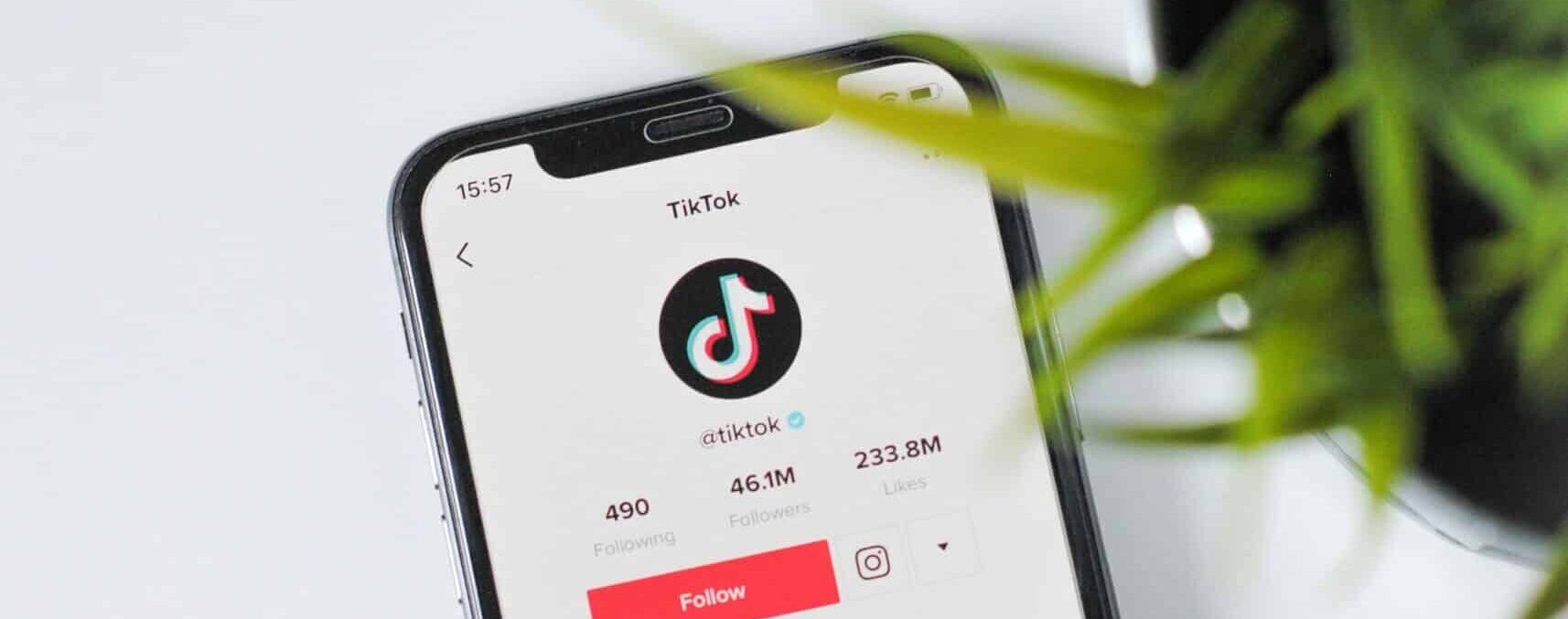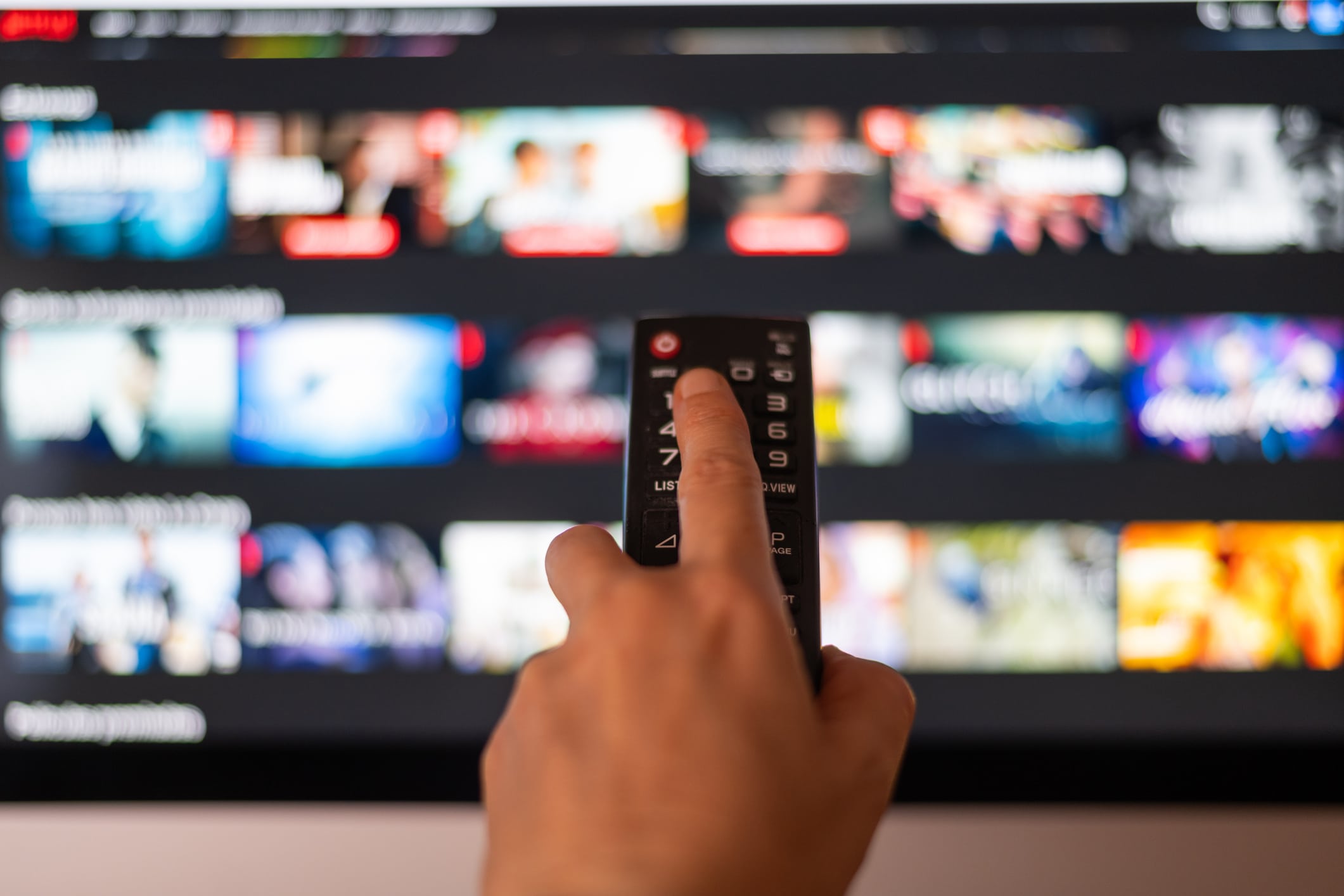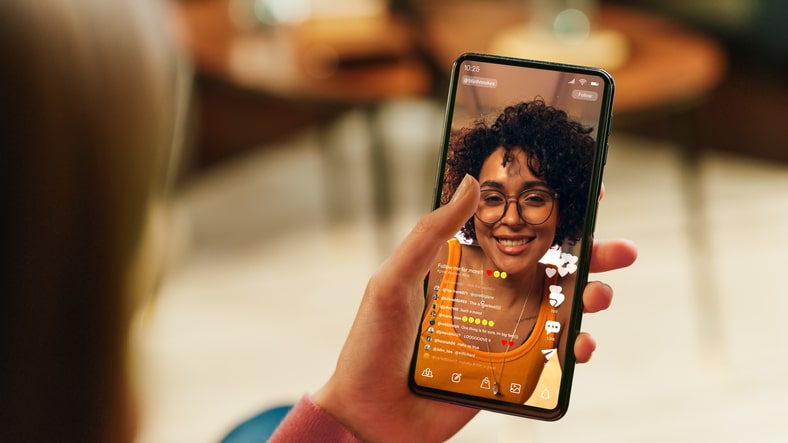The Olympics is the highlight of every athlete’s career. It can be a once in a lifetime opportunity, something to be cherished. Previously, we knew little of these Gods. Now we are closer to them than we have ever been with many of them flocking to Twitter. This has the potential to cause the International Olympic Committee some headaches, which has resulted in the body laying down specific guidelines for athletes, a list of do’s and don’ts that they must adhere to.
It’s worth noting that they are not trying to discourage the athletes from posting, tweeting etc. In fact, they are encouraging it. The guidelines are set in place to make sure that the games are spoken of in good spirit and that the athletes are not just using social media to flaunt their sponsorships which conflict with those of the games.
Athletes are told that they must write tweets, posts and blogs in diary style in the first-person. They are not allowed to comment on other athletes about information that may be confidential or talk about their competition. This is, in my opinion, to keep the games good natured. Unlike other sports, gamesmanship isn’t welcomed in to the Olympics. Fans aren’t interested in showboating, but that’s not to say that they don’t want to see characters, such as Phillips Idowu. The rules stop athletes from getting in to slagging matches like other sports seem to create. Instead, it means the focus remains on the skill, speed and strength of the individual athletes.
“Postings, blogs and tweets should at all times conform to the Olympic spirit and fundamental principles of Olympism as contained in the Olympic Charter, be dignified and in good taste, and not contain vulgar or obscene words or images.” This is something I fully agree with. Footballers seem to get in to trouble with social media on an all too regular basis. Marcus Babel, at the time a Liverpool player, received a £10,000 fine from the FA for mocking up a picture of referee Howard Webb in a Manchester United shirt, implying that Webb was biased. This isn’t the sort of behaviour I would want to see from athletes at the Olympics.
There are some, though, that believe that the guidelines are ambiguous. Jeff Merron, from ReadWriteWeb, says, “If fans prefer interactions that the committee deems unseemly, though, they’ll be out of luck. What one person considers in good taste, another may not? In one culture, a word may be considered an obscenity, while in another; the same word may rarely raise an eyebrow. While many calls will simply rest on the committee’s judgment, in most cases the remedy will be simple: The IOC will issue a takedown notice to the participant, simply stating that the content must be removed from the athlete’s Facebook page, Twitter account or blog. The consequences of failure to comply are not clear. The committee threatens sanctions, but it hasn’t yet specified specific penalties.”
Although the wording does leave the rules open to interpretation, I believe that it is still fairly easy to understand what they mean. The IOC wants any messages and pictures from athletes to show the games and the athletes in a good light and to not bring the games in to disrepute. Obviously the athletes will have to use their own judgement on what they can and cannot share. I would simply ask myself one question before pressing tweet, “Is this in good spirit?” If the answer is no, I’d rethink sharing it.




